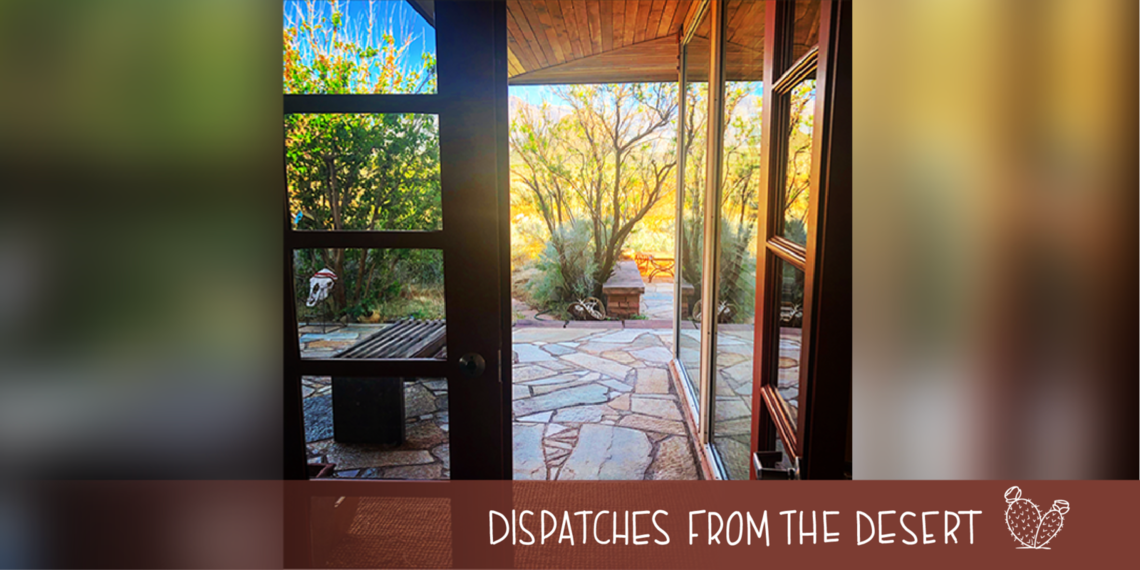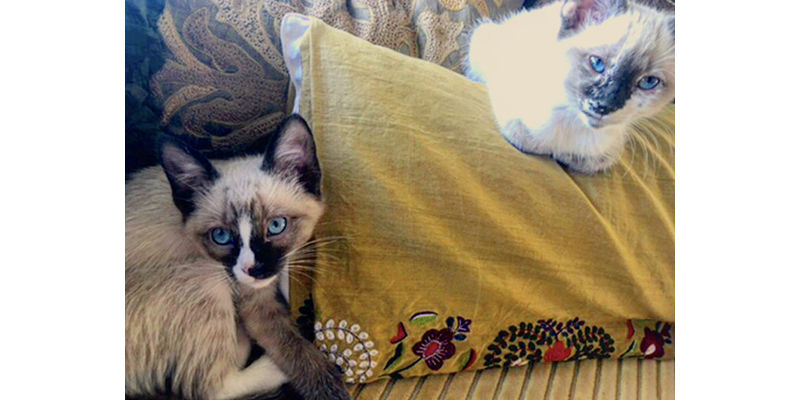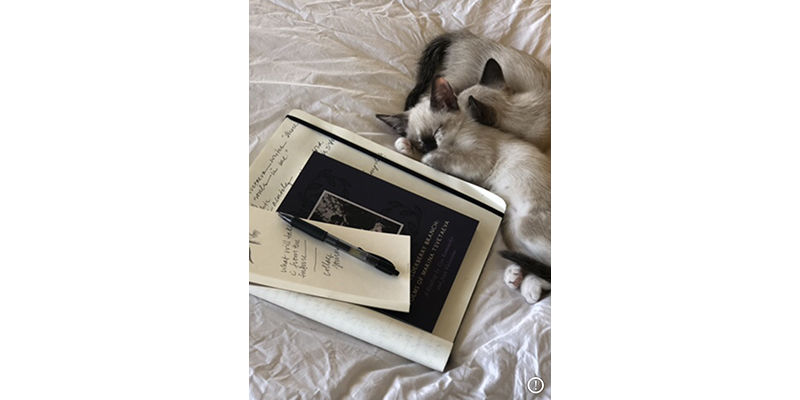15 May 2020
Castle Valley, UT
his morning I woke up before dawn and sat on the porch looking east. I watched first light come into the Valley and fill with birdsong. Voices I love heralded the day: ravens, piñon jays, meadowlarks and mourning doves. It’s the time of year when the sun rises in the cleft between Castleton Tower and Adobe Mesa. It rose today at 6:06 a.m.
But it was what happened between the dark and dawn that was most beautiful. These are the moments of awakening.
America is awakening from the pandemic. Cities and towns are opening up. In Utah, Bryce Canyon and Capital Reef National Parks reopened on May 6. Zion National Park opened on May 13; and Arches and Canyonlands National Parks will unlock their gates and welcome the public on May 29, 2020.
Some people are more than ready to return to a semblance of normalcy. Others are wary. And then, there are those who think we are being careless by not sheltering at home a little longer. In Moab, political differences may be divided into those who wear masks and those who don’t. Those of us who live here are concerned that the quick rise in tourism as the national parks open could lead to a rise in exposures to the coronavirus.
Theresa Pierno, president of the nonprofit National Parks Conservation Association said, “I could not disagree more with this premature and dangerous move, which could put park staff, visitors and community members at serious risk.”
We hear this same ambiguity from people in the public sectors from the president of the United States who wants America to get back to work to Dr. Anthony Fauci who says the coronavirus is going to be with us for a good eighteen months or more until we get a vaccine.
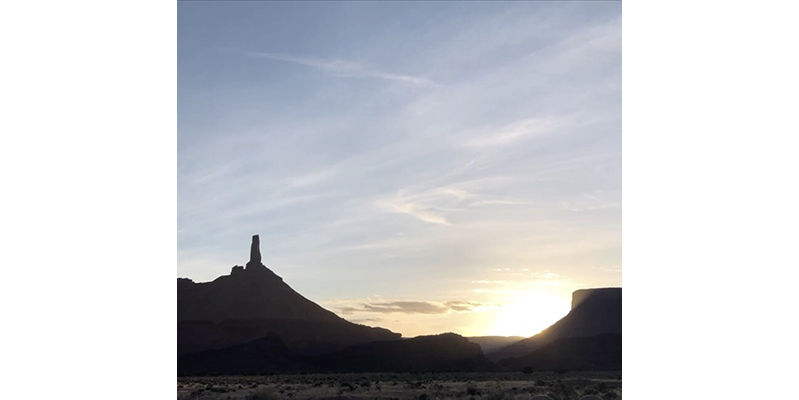
This morning I was standing in between the threshold of darkness and light. Today, I am standing at the threshold of our home and our porch. Inside—Outside. I want both.
I want my world to expand. I long to see my father and his wife—it’s been months since we’ve been together. I miss family, our son and daughter-in-law and fear our young grandchildren have already forgotten us. It will be a joy to see friends, and colleagues again. I, too, want to return to the people and life I love.
What I don’t want to return to is the unconscious life I was living: overbooked and overwhelmed, moving too fast in the world, living on planes, saying yes when I should have said no. I want to focus on what is real and true, as conveyed in the word of this moment: essential.
The pandemic of 2020 has brought us to our knees. We now stand on the threshold of a choice. Do we go back to our old patterns of living at the expense of the health of our communities and the health of the planet? Or do we take what we have learned in this planetary pause and reimagine our lives differently?
What have we personally learned from these weeks, months at home, isolated, isolated with loved ones? What insights, even epiphanies, will we take into our hearts from the pandemic and bring it forward into the future?
I want to focus on what is real and true, as conveyed in the word of this moment: essential.
My brother Hank left two days ago. Having survived the coronavirus, he came down to the red rock desert and stayed with us for five weeks to recuperate from his illness. When he arrived he was weak, wan, and exhausted. When he left, he was suntanned, strong and vibrant. Before he walked out the door with his two dogs, Blue and Jaq, we held each other close, both of us with tears streaming down our cheeks—I didn’t want him to leave and he didn’t want to go—but it was time. A threshold moment.
I lost every scrabble game to Hank. Every. One. We read books together (Station Eleven by Emily St. John Mandel) and watched videos late into the night (“Contagion” and “The Leftovers” among them). We walked miles in the desert together seeing spring come into the slickrock canyons: the orange blossoms of globe mallow, the unfurling petals of evening primrose, red claret cups open to hummingbirds, the greening of cottonwoods and aspens. Hank and Brooke climbed Round Mountain and saw golden eagles and collared lizards. We threw the I Ching and each found our rhythms throughout the day. We also shouldered one another’s struggles and traumas brought up by the illness and isolation. We also reached another level of our grief and understanding of our brother Dan’s death by suicide. We talked, we shared, we listened. In these weeks, we deepened, changed, and grew.
Time was the gift. Aware of our privilege to weather this pandemic together in the beauty of arid country.
We wore masks when we ventured out for groceries and we washed our hands and kept our distances when we were in a shared quarantine for safety. Even though we were a family group of three isolated in the desert, we also took in the tribulations of the world, especially in America where we watched deaths in the single digits at the beginning of March from coronavirus escalate to 85,000 fellow citizens dead and rising—with the expectation we will cross the threshold of 100,000 deaths by June 1.
America and the world are now opening. What are we opening to? We hear one in four restaurants will close permanently. Department stores may become a thing of the past. Neiman Marcus and J.C. Penney’s have filed bankruptcy. 36 million Americans have filed for unemployment. Business strategists tell us there will be more people working from home in the future. Universities and colleges are caught in a conundrum, do they open for the fall semester, or tell students to stay home with all classes taught remotely?
Time was the gift. Aware of our privilege to weather this pandemic together in the beauty of arid country.
Telemedicine is now a daily practice among physicians and their patients. We are baking bread. We are planting gardens. We are seeking out nature. We are cutting our own hair. Our definition of beauty is changing.
Old structures are going to crumble from the weight of the pandemic. Some will survive. All will be altered as new structures arise. Creativity is the path of staying agile. How we see one another will be different. Cracks have been exposed in our democracy. May the gap between class, gender, and race narrow as we become more equitable in our health care, education, and housing. May we become less partisan and more human as we look out for one another regardless of our personal and political beliefs. And may mutual aid born out of our capacity to care become the norm not the exception. I pray our empathy for one another will take root sprouting new branches of engagement with a shift in public policies.
But I am talking in generalities. Let me be specific. This has been a time of reckoning and recalling what matters: Nature matters. Beauty sustains us. Birdsong is amplified. The Earth has revealed herself as a self-regulating, self-healing example of resiliency. The peace of the planet has also gone viral alongside the novel coronavirus.
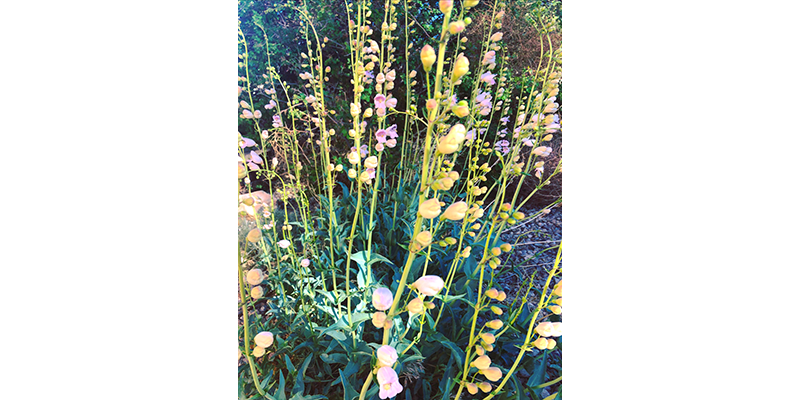
Mountains shrouded in air thick with pollution are gloriously revealed. Delhi is now a city with blue skies. Coyotes and wild turkeys have taken to the streets in Boston and Manhattan. Rumors of dolphins sighted in the canals of Venice whether true or not is the hope inherent in clear, clean waters. What is true is a dolphin leaping in the waters of the Bosphorus in Turkey. Jackals are howling in Tel-Aviv. A sea lion is seen on the sidewalk of a harbor in Buenos Aires. White-tailed eagles have returned to the Isle of Wight in Britain as news spread that over a hundred elephants have returned back to their native habitats in Thailand after their jobs of carrying tourists around the city is over. And children from around the globe can once again look upward and see the Milky Way in a night sky of stars and dream of worlds beyond their own.
I don’t need another pandemic to sharpen my focus on what I love and what I can now see. I don’t want to be quarantined for another fourteen days to remind me of my responsibility to others. Nor do I wish for a full calendar without sufficient open space for time to do nothing which is everything as a safeguard for my sanity. If I am concerned about the climate crisis then I need to be concerned about my own role inside it—fly less and be home more. Less is a moral choice for change. I want to live my life deliberately, consciously, and act as if my energy is something to be valued, not something to be spent carelessly, but rather given generously in the service of something larger than myself. I am tired of being elsewhere. I want to be home in the desert where I am at home with myself where our doors are open creating a threshold of hospitality and warmth.
This is a threshold moment and we brought two kittens into our home from the Moab shelter to mark this transformation.
The American writer Lydia Davis has written a one paragraph story called “Fear” that has entered my DNA and become my story—what any great writer attempts to do—write something where the reader says, “I know that woman, that woman is me.”
"Fear" by Lydia Davis, Five Stories, Conjunctions
"Nearly every morning, a certain woman in our community comes running out of her house with her face white and her overcoat flapping wildly. She cries out, "Emergency, emergency," and one of us runs to her and holds her until her fears are calmed. We know she is making it up; nothing has really happened to her. But we understand, because there is hardly one of us who has not been moved at some time to do just what she has done, and every time, it has taken all our strength, and even the strength of our friends and families, too, to quiet us."
There have been times, if I am honest, that I have felt half mad half the time, screaming from my home in the desert, “Emergency! Emergency!” when my fears for what is coming overcame me. But in these ten weeks at home, sheltering in place with the rest of the world, something new is emerging in me. It began on a Sunday in March with a global prayer for the Earth and all its inhabitants, human and wild.
I went outside and faced Round Mountain, an ancient volcano in the southern end of the Valley. The time was 11:00 a.m. I held a large polished amethyst, egg shaped, in my right hand as my grandmother did. It was her talisman that she said opened her heart. I closed my eyes in prayer—believing in the power and connectivity of people gathered together in the name of health and peace on the planet. My mind was calm, receptive.
I began to feel a heat rising in me from the ground up and at first, it scared me, and then, I just began to pay attention to how this warmth began to settle in my body. In my mind’s eye, I saw a flame moving slowly toward me from Round Mountain gaining in heat and size and intensity—until it entered my heart becoming “a burning core of care”—those were the words that came to me as this force burned with a velocity of intent that I have never known. My grandmother’s hand stone was hot. I opened my eyes. I opened my hand. To my surprise, the stone was shattered inside with dozens of fracture lines that had not been there before. I know because when I brought it outside from the darkness of the house I noted its clarity of form. It didn’t make sense. My eye focused on one of the complex fractures that occurred at the intersection where the deepest purple bled into the clearest, brightest part of the crystal. Within that broken angle it appeared brown, burnt. I lifted the crystal up toward the light and therein, I saw the flame.
I have no explanation to give you, dear health care friends, you who are healers day in and day out who may have no patience for an encounter such as this that I am simply trying to understand. I cannot say that what was burning in me burned through this stone in hand and shattered it. All I know is that the energy I felt from the Earth through my feet and from Round Mountain directly into my heart with the radiance of a million prayers circulating around the planet in good faith created a fire in me of inexhaustible light.
There is something deeper than hope. The hours between darkness and dawn is the dreamtime where birdsong is amplified and we feel the heat of awakening.
* * *
This concludes my dispatches from the desert in the time of the coronavirus where we were brought to our knees by the Unseen and called home. It has been a privilege to share these thoughts with you in place, along with fifteen students from the Harvard Divinity School who participated in “Finding Beauty in a Broken World” and this Coyote Chaplaincy through the arts.
Thank you for the eloquence of your lives and the work you have been called to do within University of Utah Health. You are a healing grace—essential and beautiful.
My deepest gratitudes to Dr. Tom Miller, Dr. Megan Call, Mari Ransco, Kim Mahoney, and the Accelerate Learning Community.
With respect and love,
Terry Tempest Williams
Terry Tempest Williams
Terry Tempest Williams is a Utah native, writer, naturalist, activist, educator—and patient. She reflects on venturing out after 52 days and how we’re coping with nostalgia and the present.
Terry Tempest Williams is a Utah native, writer, naturalist, activist, educator—and patient. Terry answers and asks “How are we doing?” She wonders “what are we learning?”
Terry Tempest Williams is a Utah native, writer, naturalist, activist, educator—and patient. As everyone obsesses with washing their hands, Terry remembers her grandmother who lived through the 1918 flu pandemic in Eureka, Utah.
